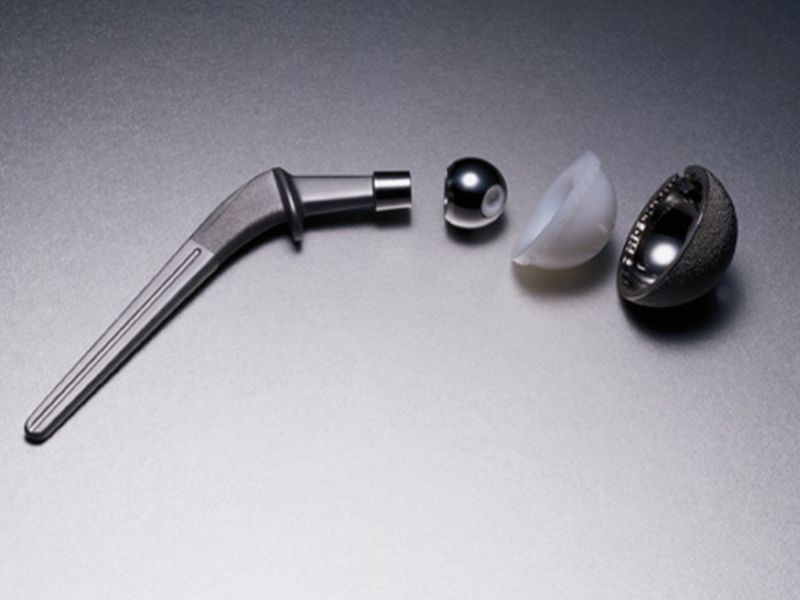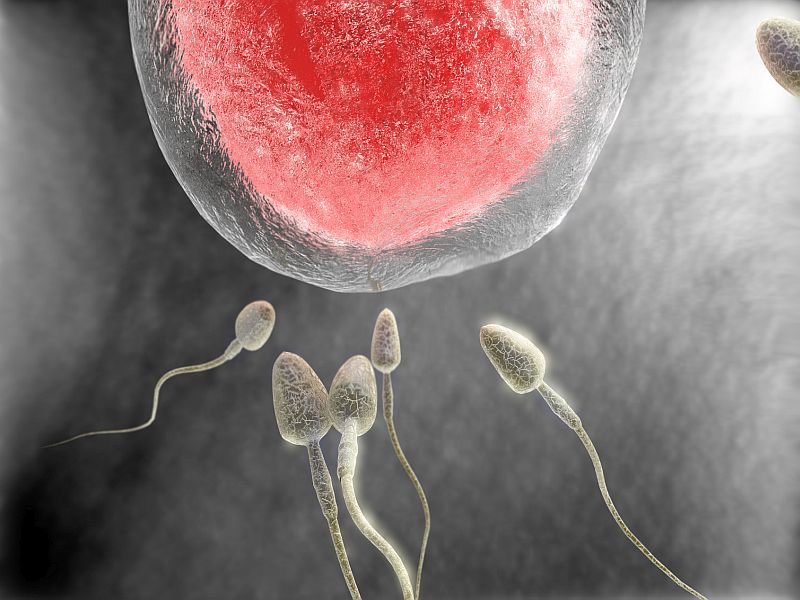
Eating a healthful diet is easier when nutritious foods are more accessible. But it’s not enough to simply buy better choices. To make a habit of choosing healthy over less-healthy options, you want to make them as easy to eat, as visually appealing, and as everyday as the packaged treats that tempt you. That’s as… read on >




























